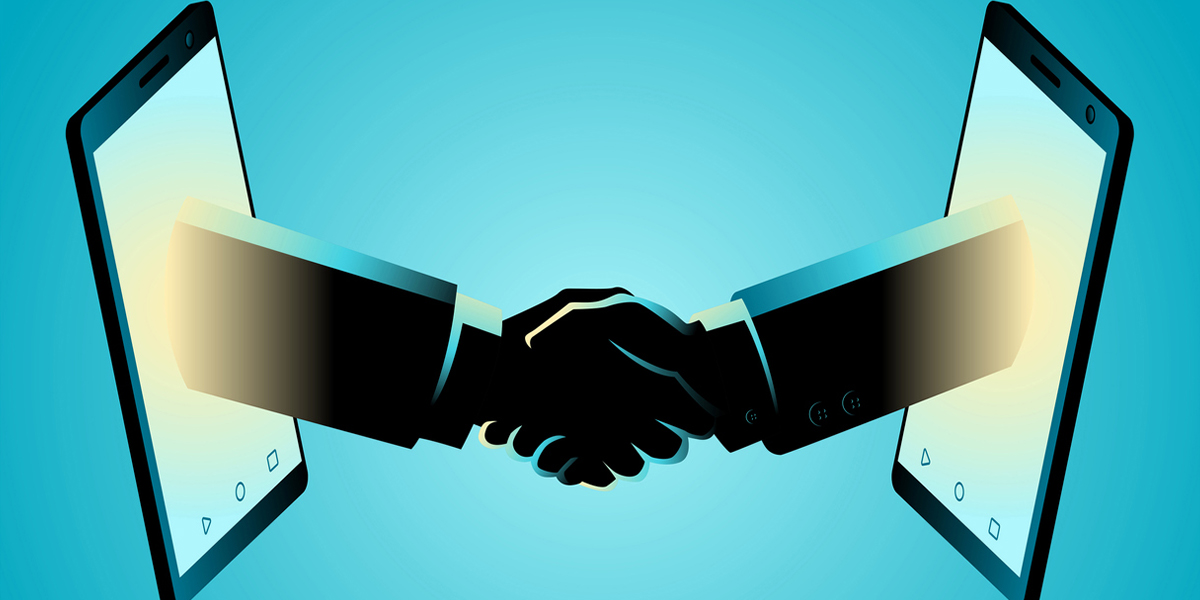7 Examples of Smart Contract Use Cases
When authoring the foreword of a December 2016 paper on the subject, smart contract progenitor Nick Szabo couldn’t hide his excitement at the continued growth his cryptographic invention had enjoyed since 1994. “It is exciting to see my vision for smart contracts blossom into so many different and creative directions,” he says, “Blockchain technology appears very much to be the jet fuel necessary for smart contracts to become commonplace in business transactions and beyond.
It is delightful to be part of a community committed to fostering the tenants of open source corporation, privacy and security, education in technology, and working for a common good.”
So, while the growth of smart contracts and blockchain go hand-in-hand, both must also answer questions about where their respective futures lie. One of the primary questions both must answer is what they can be used for in those futures. Let’s take a look at the near future of smart contracts and their use cases.
1. Digital Identity
Your digital identity is one of the most important assets an individual has. It contains the person’s reputation, data, and digital assets. When used correctly, digital identities can bring new opportunities and can help protect the person’s actual identity. Right now, the internet allows you to connect with multiple services, but you’re also sharing your identity with the companies you’re using, which means your identity can be mapped.
Smart contracts allows your services to learn about you without knowing your true identity to verify transactions.
2. Financial Recording
Every organization leans heavily on their financial data. Smart contracts provide the necessary ways for records to be kept more accurately while also providing transparency. Using smart contracts results in decreased accounting costs and better communication between both legacy networks and distributed ledger networks.
3. Government
Because smart contracts are automated, they can help governments manage operations. One such operation includes land title recording so the government can use it for property sales and transfers. Land title recording requires parties to transfer with more efficiency and transparency while reducing auditing costs. There is also excitement surrounding the potential for elections backed by blockchain.
4. Supply Chain Management
Smart contracts and blockchain allows items to be accurately tracked within the supply chain. A business may use the smart contract-powered supply chain to improve inventory tracking to help optimize production while also improving tracing technology to prevent fraud and theft.

Smart contracts allow us to make agreements anywhere in the world, and they’re just getting started!
5. Insurance
It’s no secret that the insurance industry is rife with disputes, but smart contracts can be used to settle insurance claims as quickly as possible. Smart contracts not only facilitate the policy but can also be used to document driver records and reports. If the smart contract is attached to the insurance policy, then when documents capture data, the policy can be executed quickly and accurately. Additionally, since the contract is only executed based on collected data, insurance fraud is also prevented.
6. Escrow
Escrow is the process of storing value between parties while the contract is still active. For it to be executed, the payer must release the funds, which is a time-consuming process. However, when smart contracts are integrated into this process, it is possible to automate it as soon as the service provider authenticates the transaction.
7. Education
The paper-based recordkeeping our education systems use is fundamentally flawed: it lacks transparency, accountability, and motivation. Smart contracts allow for more efficient registration and seamless communication between schools. Additionally, every assignment and date of attendance can be collected, stored, and viewed: this allows for a more transparent view of the student’s learning for school administrators, counselors, teachers, and the students themselves.
This is by no means the end of the list of use cases for smart contracts. On the contrary, there are still many unexplored possibilities for them. These are tools of innovation and experimentation. Smart contracts bring with them key benefits: they are automatic, fast, direct, cheap, and, importantly, transparent.